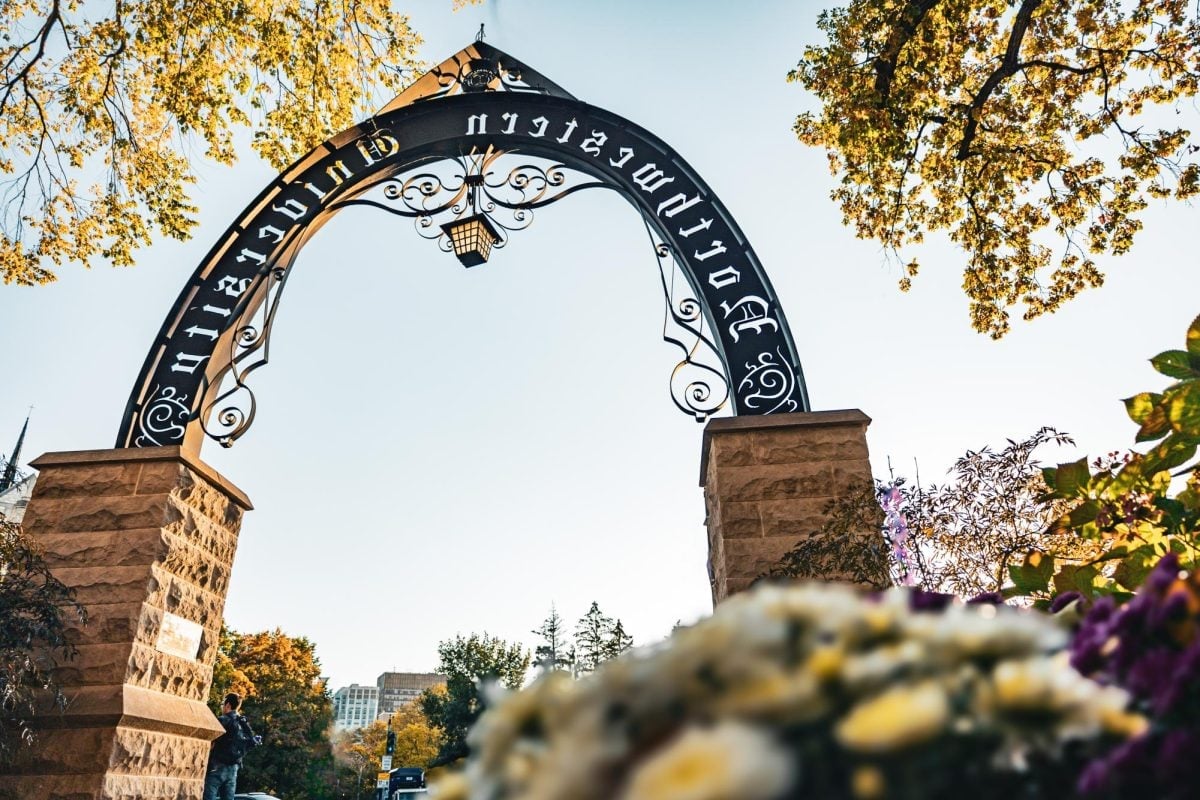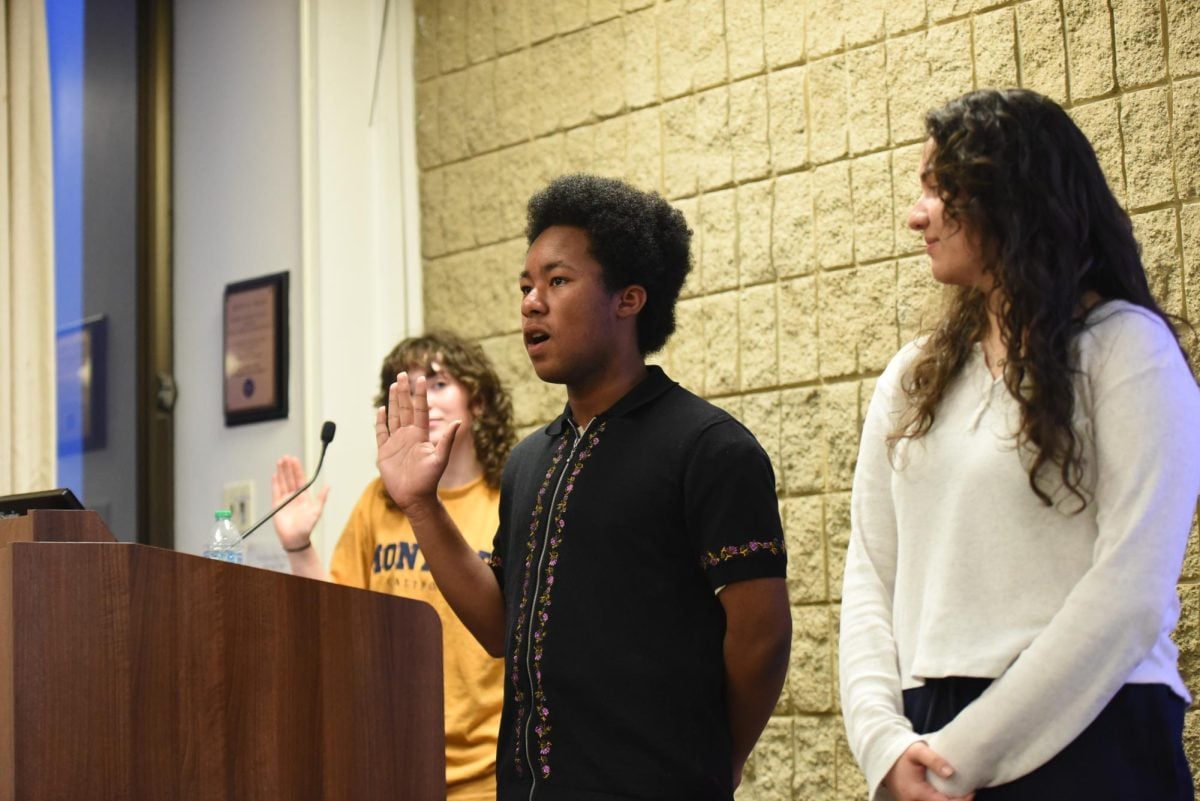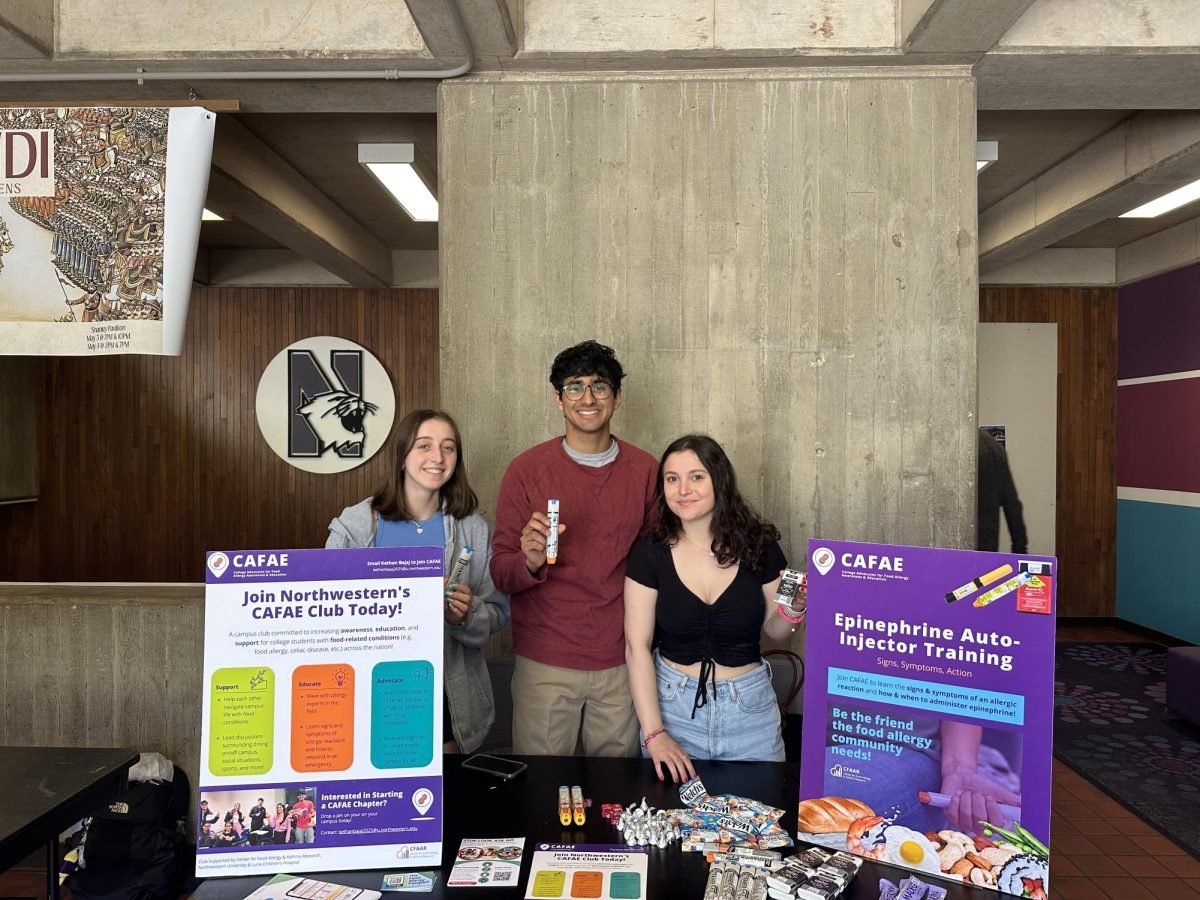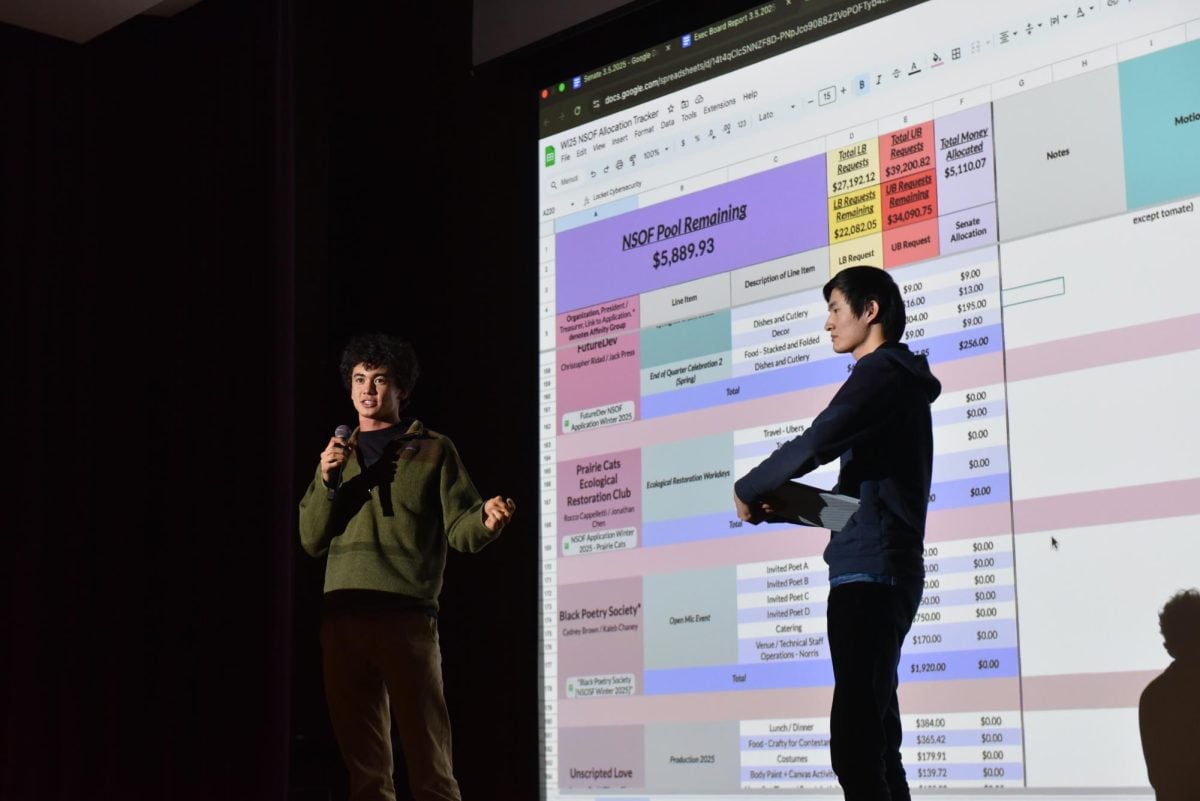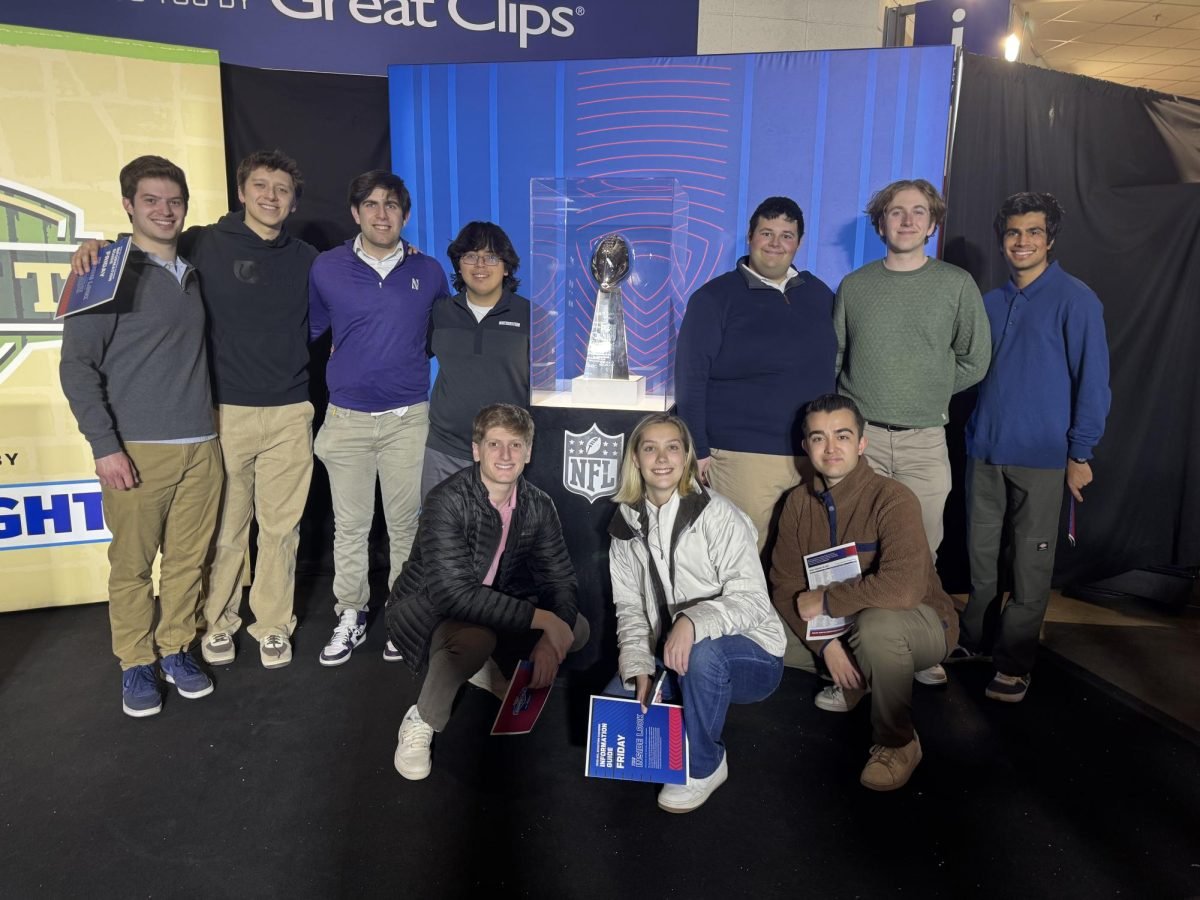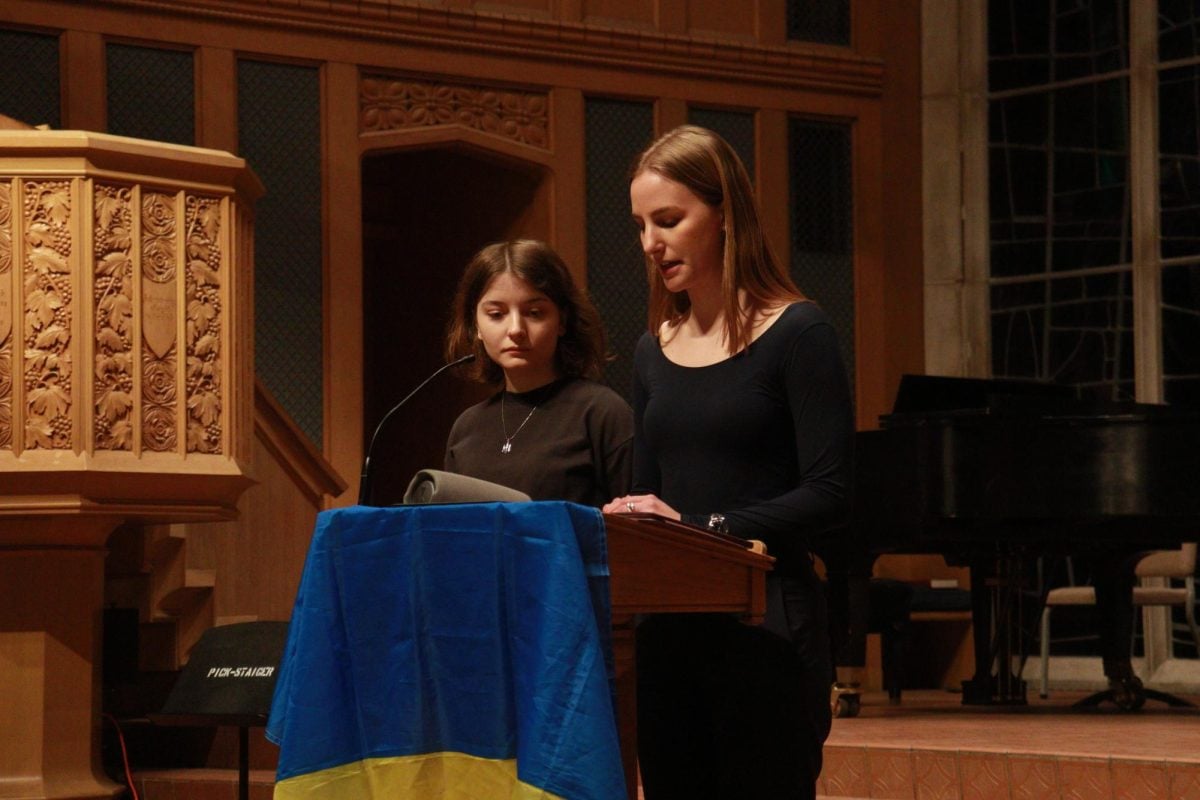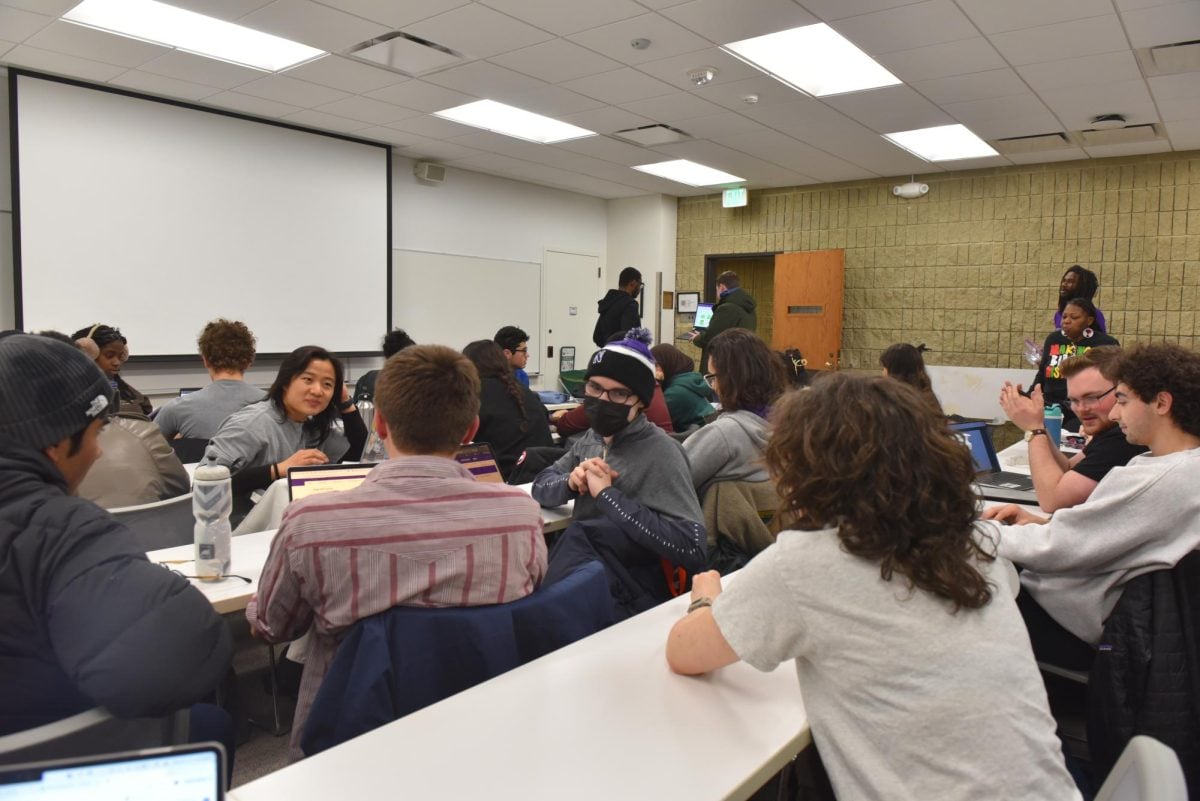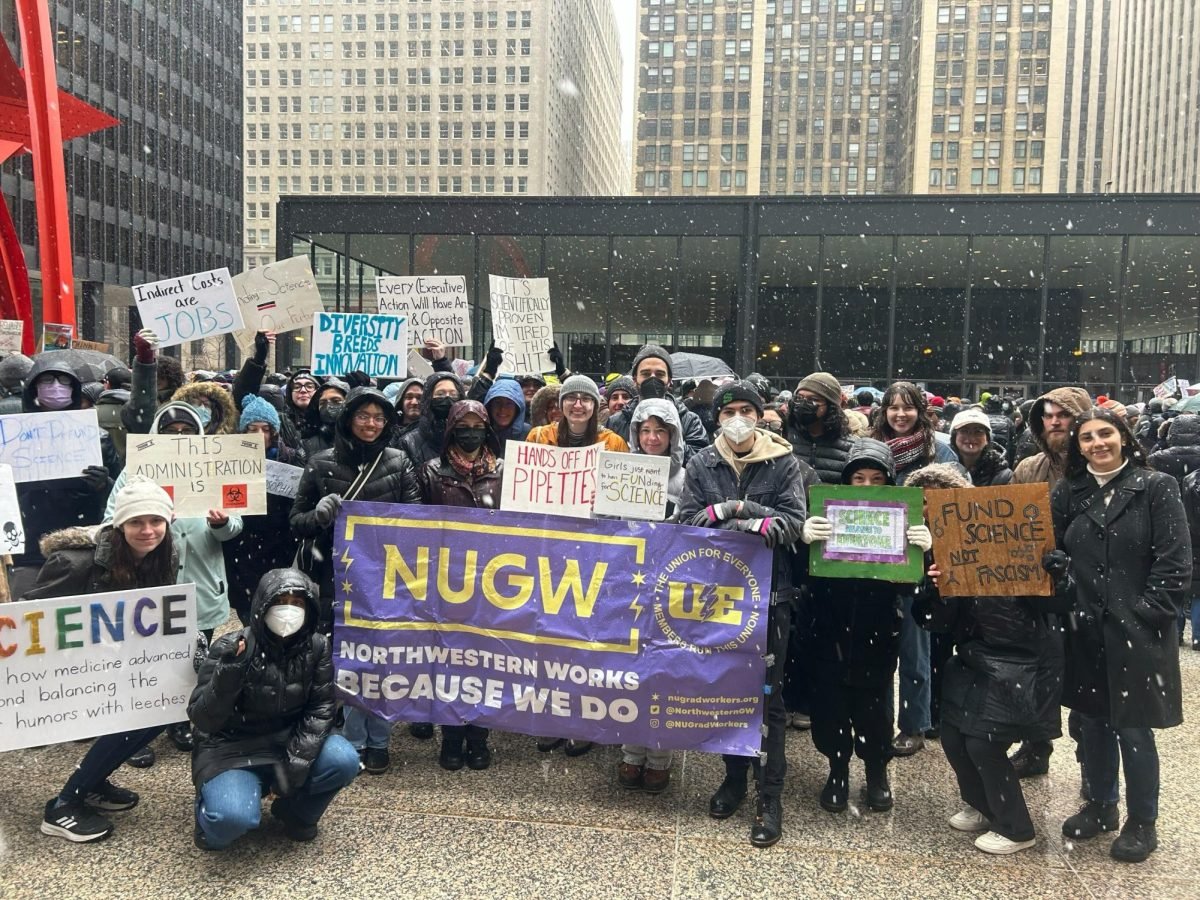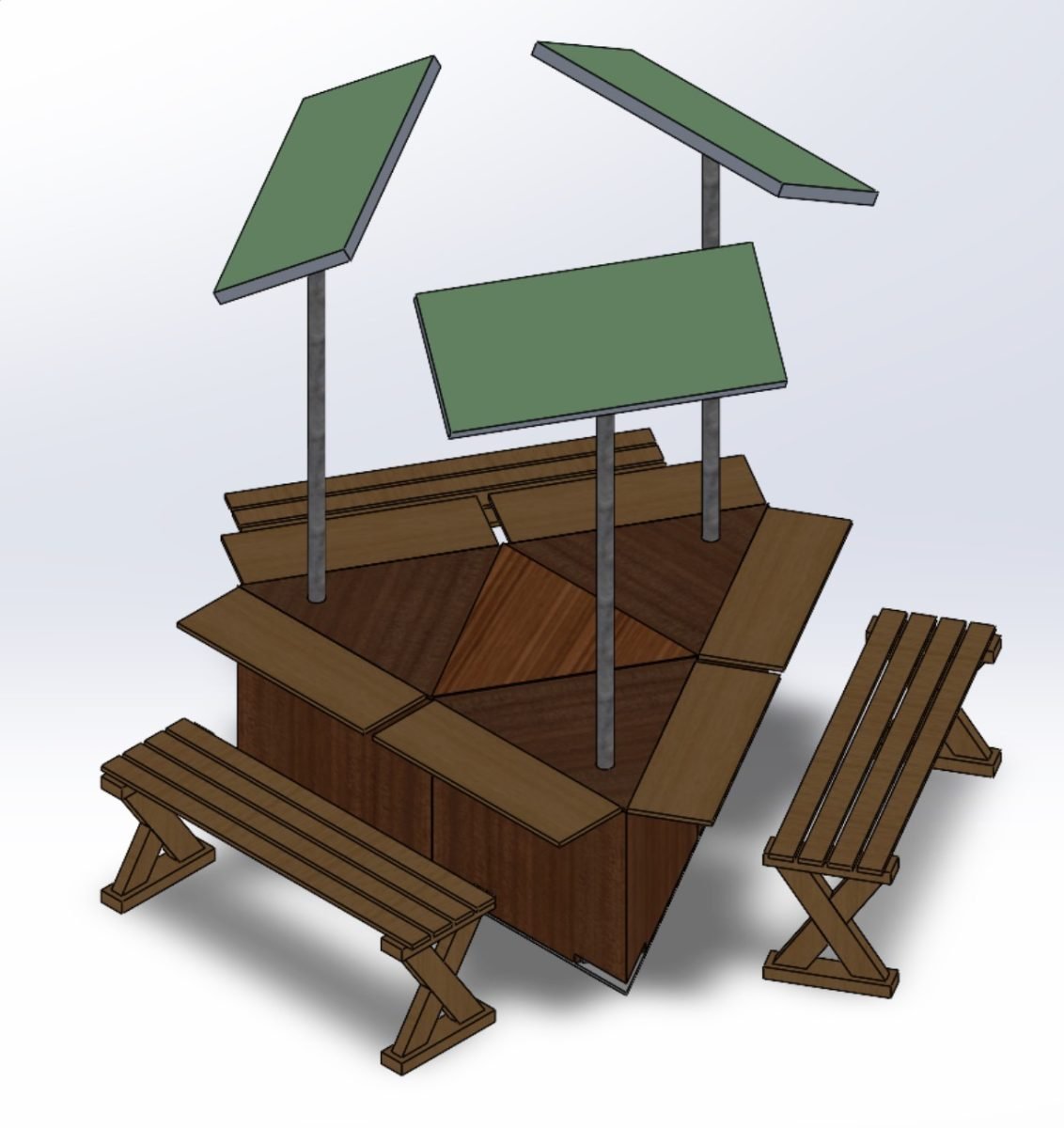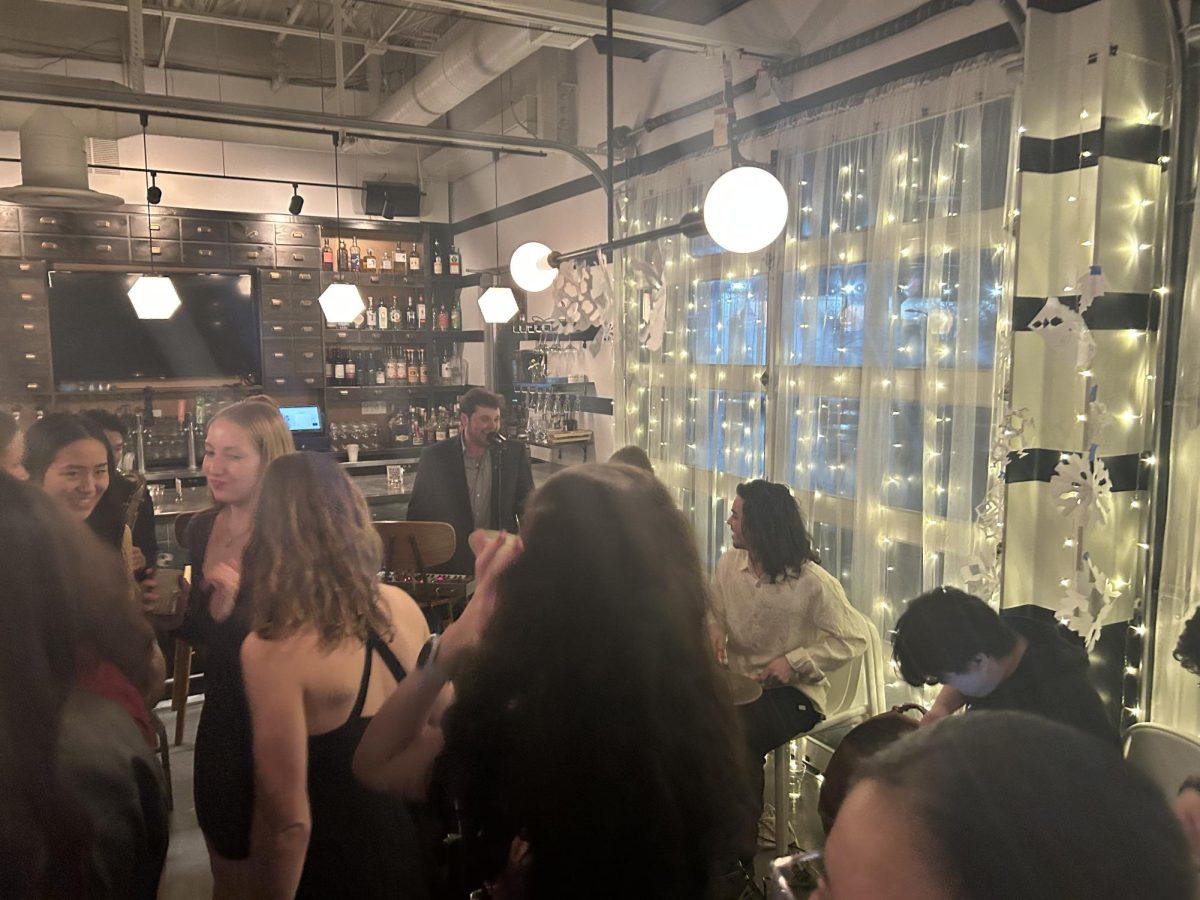Recent water fountain renovations inside residential buildings have coincided with student efforts to reduce the use of disposable plastic bottles on campus.
Residential Services took the latest step in campus sustainability when it installed new water fountains with water bottle-filling units in dining halls and residential halls during Spring Break. Paul Riel, executive director of Residential Services, said the bottle-filling stations have been installed in 1835 Hinman, Foster-Walker Complex, Sargent Hall, McCulloch Hall, Communications Residential College, Shepard Residential College and Kemper Hall.
“Everywhere we have identified existing water fountains, they are all candidates for us to add the bottle-filler stations,” Riel said.
He said residential buildings slated to receive renovations, such as Chapin Hall and Hobart House, will also get the water fountain upgrades.
The renovations are arriving amid a year’s work on the part of Pura Playa, an Engineers for a Sustainable World project, to reduce plastic waste on campus.
Pura Playa launched an initiative Fall Quarter to eliminate the sale of plastic water bottles on campus. Since then, the group has been holding activities in pursuit of the ban, such as partnering with Green Cup during Winter Quarter and giving firesides in dorms to educate students about the advantages of drinking tap water instead of bottled water, co-project manager Michael Narea said.
For the past four months, Pura Playa has also been holding “tap water challenges” on campus, Narea said.
“We set up a table with cups of water with tap and bottled and we had students try them and try to distinguish the difference between the two,” the McCormick senior said. “It’s interesting seeing them trying tap water and bottled water and not knowing which is which. It really validated our whole initiative.”
The group plans to have tables at Students for Ecological and Environmental Development’s Philfest music festival Saturday to further promote the water taste challenge, fill students’ reusable water bottles and quiz them on water resource trivia. Pura Playa has also been working with fraternities to find ways for them to recycle plastic Solo cups, which Narea said cannot be processed by Evanston’s recycling facilities.
Narea said people often inaccurately believe tap water to be less clean than bottled water because old water fountains do not maintain a low water temperature well, and renovations will make tap water more appealing.
“Hopefully we’ll see water bottle sale demand fall,” he said. “At that point, the school will order less, and we get closer to becoming a water-bottle-free campus.”
Mark Silberg, SEED co-president and outgoing Associated Student Government associate vice president of sustainability, said he hopes the new bottle-filling stations will be expanded to other buildings where students spend time, such as University Library or Norris University Center.
“It’s difficult for me to show direct causal results between Pura Playa’s efforts and the decisions by somebody like Paul Riel to do that,” Silberg said. “But I do think this broader movement between Facilities Management, the Office of Sustainability, work that ASG’s been doing and the work of Pura Playa have all contributed to a culture that says this is what students want.”
Riel said although Residential Services must consider the cost of installing more bottle-filling stations, it has kept a count of where renovations are possible and hopes to convert more old water fountains.
“I just think it’s a perfect storm of good ideas,” Riel said of the coinciding efforts of students and the University. “It’s a good initiative to do and we believe in it as well.”




